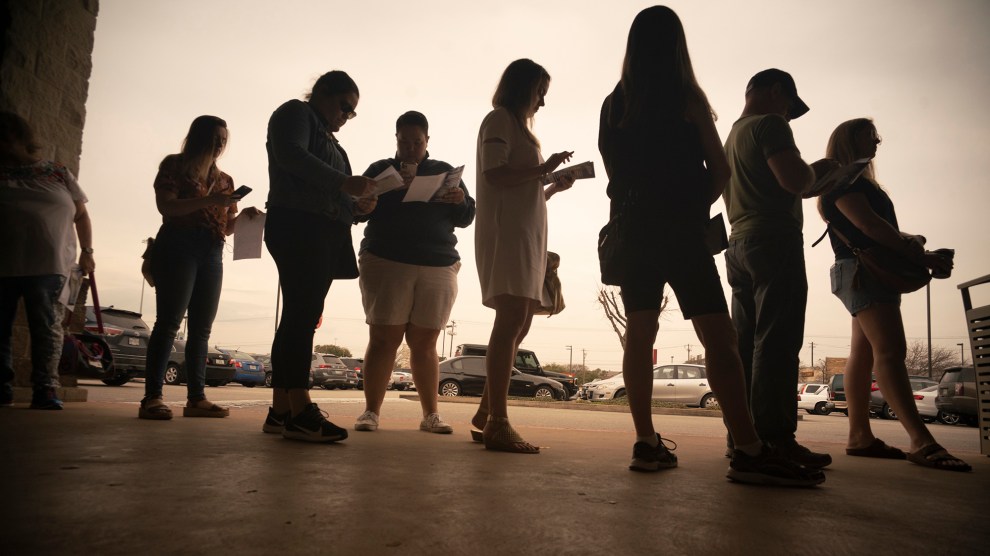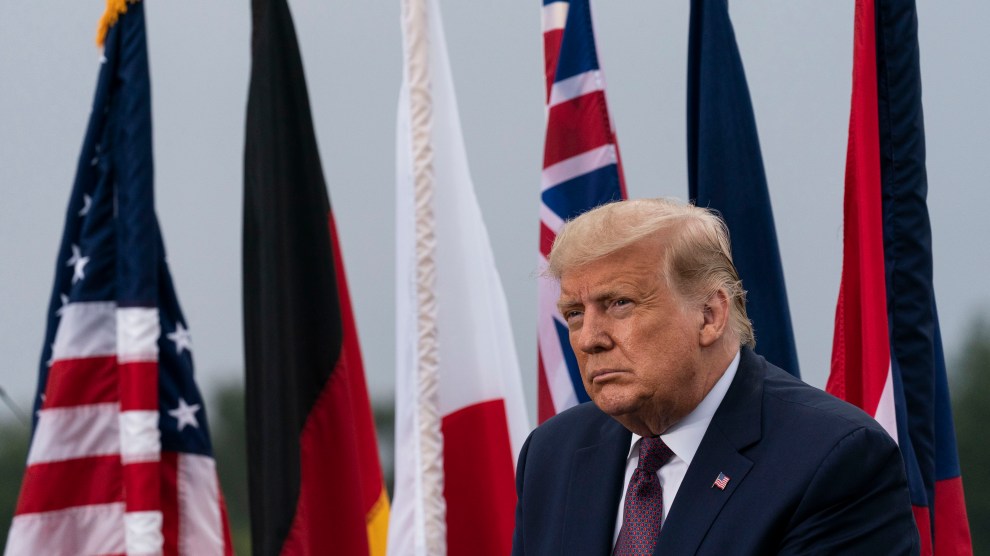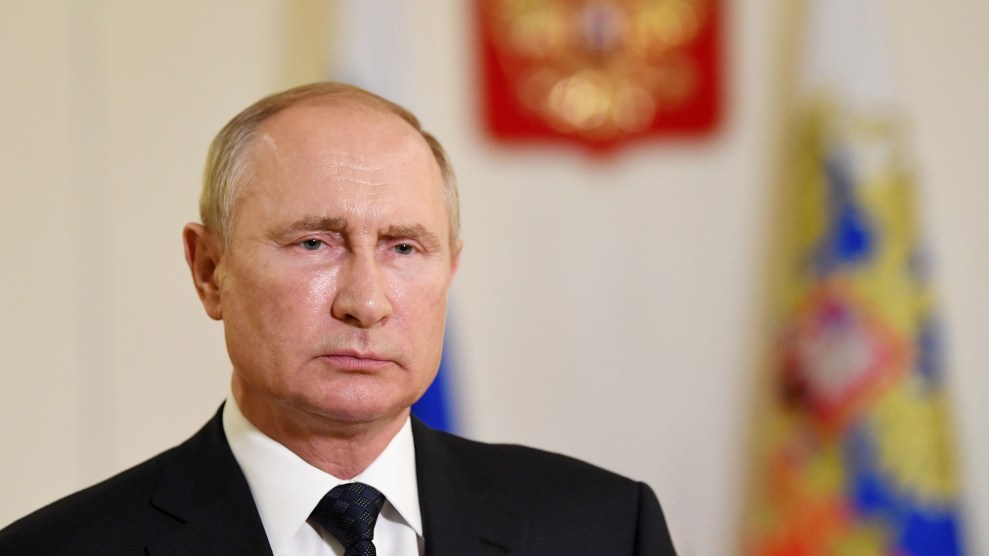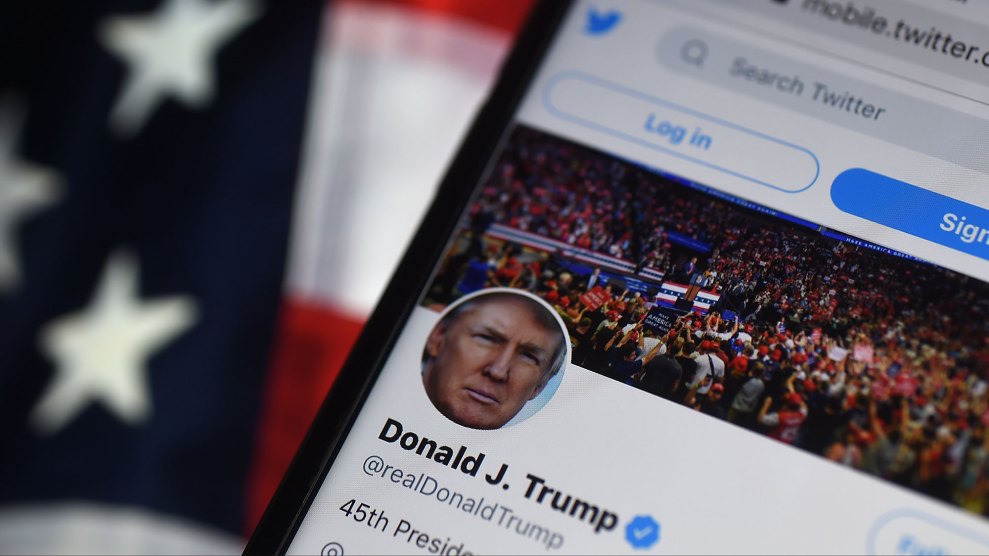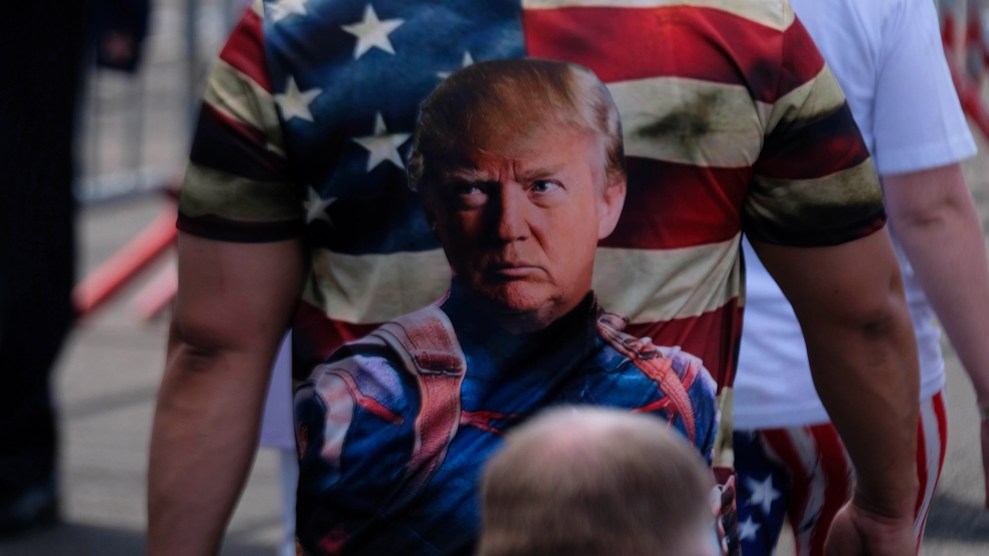
Christopher Brown/ZUMA Wire
Voter suppression tactics, sadly, are as old as the United States itself. While the tools used have evolved with time—whether it’s the denial of the right to vote to entire populations, poll taxes, or manufactured long lines—the overall goal of one group of working to limit votes by their opponents, remains the same.
In today’s social media age, one tactic that has come into focus is the use of disinformation to both suppress participation in the process and to call the result into doubt if the election doesn’t go a certain way. And while it’s not new to hear President Donald Trump be accused of leveraging disinformation in just this way, is striking when the criticism comes from Benjamin Ginsberg, a man who was Republicans’ preeminent election law attorney for a generation, most prominently when he helped guide GOP efforts during the 2000 Florida recount.
“I’ve not known of a past election cycle where number one, the president or presidential candidate has said the elections are fraudulent or rigged, with the possible caveat of Trump 2016,” Ginsberg said in response to a question about what distinguishes Republicans’ 2020 strategy from other campaigns.
Ginsberg, who served as the top lawyer for George W. Bush and Mitt Romney’s presidential campaigns after years working for Republican party committees, has critiqued Trump before, pointing out the utter lack of evidence behind his false claim that voter fraud is a substantial threat to the validity of American elections. In September, after the president encouraged voters to attempt to vote twice to purportedly test states’ ability to stop double-voting, Ginsberg sounded off, publishing an op-ed in the Washington Post noting that “there’s no proof of widespread fraud,” certainly not the type claimed by Trump and Republicans.
“The president’s words make his and the Republican Party’s rhetoric look less like sincere concern,” he wrote, “and more like transactional hypocrisy designed to provide an electoral advantage.”


